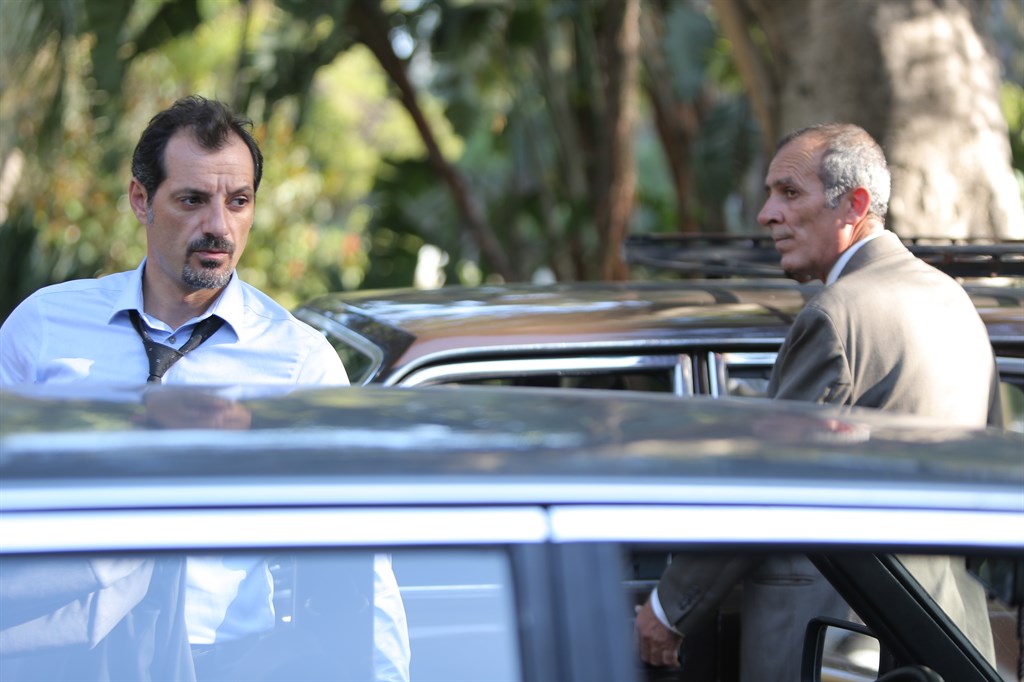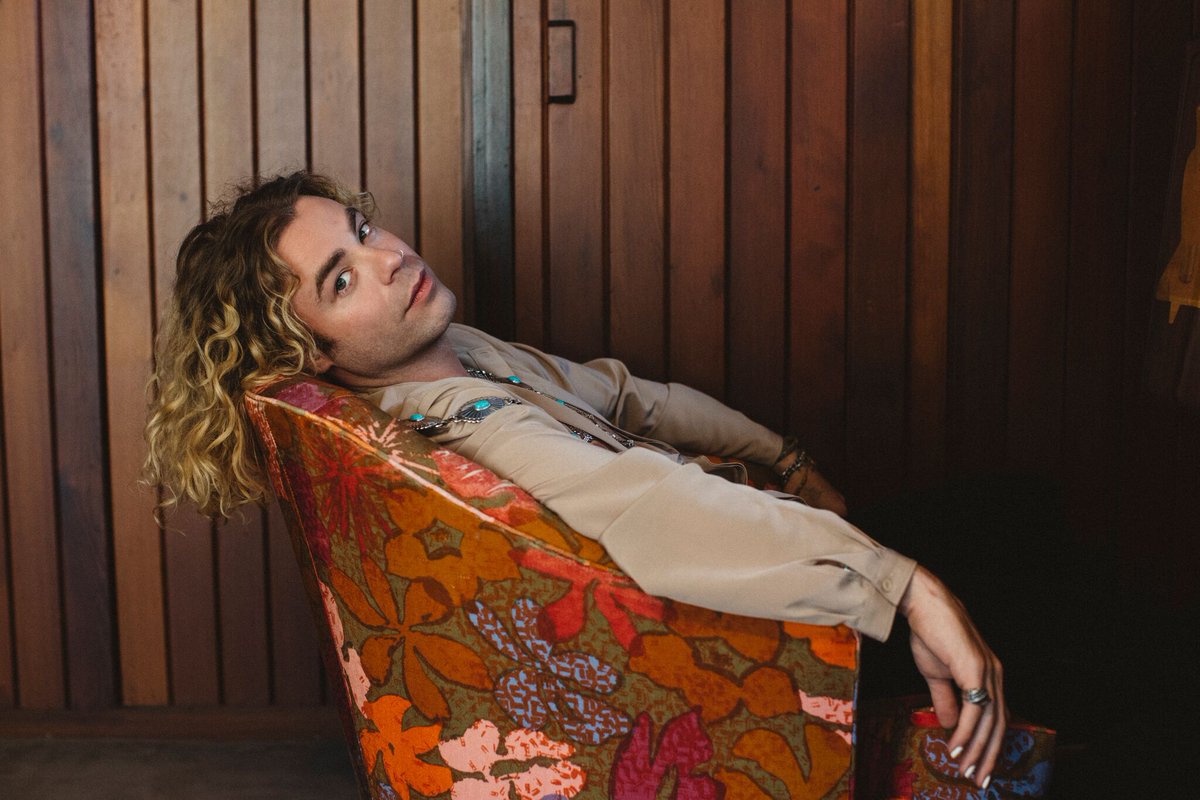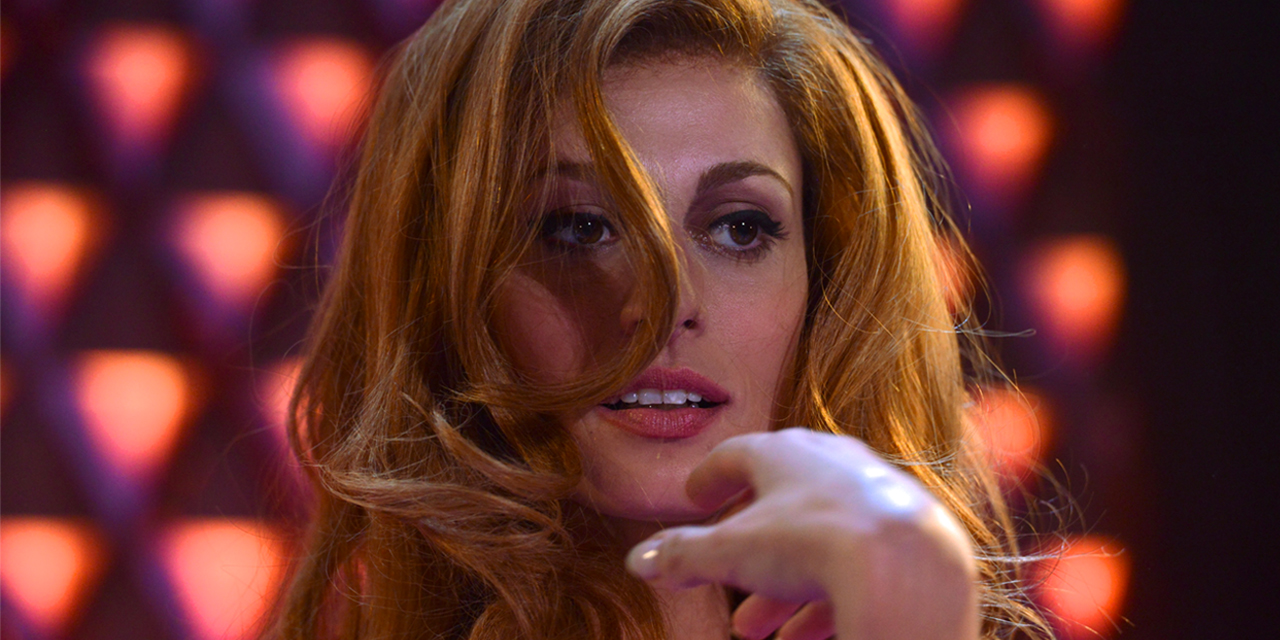The Endings is a new column chronicling some of the biggest films in the 2024 Oscar race and how their powerful endings are essential and long-lasting to the success of their narratives. These accounts are based on the notes of the first viewings of the film and the bigger context of how they feel over time.
I wanted karma. I desired it. After seeing Jonathan Glazer’s The Zone of Interest in October of 2023, it’s a natural emotion to desire. Even as if the New York theater walked out steeped in silence, I knew most of us wanted rightful retribution. For humans to commit such atrocities as The Holocaust and elect to try to eradicate certain types of people based on a poisonous ideology is horrifying. Hell, the entire concept of genocide is a depraved concept that, unfortunately, has set up shop throughout our history. It’s one thing to see it happen and to hear the stories of the executions and the dehumanizing ways the Nazis laid waste to Eastern Europe in the early 1940s — it’s another to see a family be in such close proximity to horrors and be perfectly fine with it. They aren’t even the slightest bit shaken and even mire themselves in a routine as atrocities happen literally outside their door. When we think of evil, it’s an action, something done deliberately to someone else. However, some of the most insidious forms of evil are inaction and complacency. It’s in the form of taking belongings that aren’t yours and trying on a fur coat like you’re inside a fashion show. Then there’s also the awareness and basking, which sometimes feel cruel.
The Höss family might as well have been in a different universe. They have birthday parties, family dinners, get-togethers at a local lake, and various celebrations, all the while being right next to the Auschwitz concentration camp. Their servants might as well be ghosts, as one of the only acknowledgments one gets is when Hedwig (Sandra Hüller) threatens to have her killed (she doesn’t even look up from eating her breakfast to do so). Their most significant plight is..a promotion for Rudolf (Christian Friedel) that threatens to upend the family from their idealistic white picket fence scenario. God forbid! Even with what we know from a historical context, I found myself looking for some reprieve — a sense of self-awareness that never came. Glazer dispenses brief moments of resistance with the Polish girl distributing food in the wee hours of the night and the brief playing of “Sunbeams,” a Yiddish song of resistance from Holocaust survivor Joseph Wulf. They don’t overtake the screams, barking from dogs, gunshots, and yelling from soldiers, but they provide small glimmers of light.
It’s with the ending sequence that finds Rudolf alone, leaving his Berlin office down massive stairwells and dry heaving, that I understood what Glazer had been doing with utilizing hallways all along. It’s almost as if these scenarios are placed there as the ghost of accountability walking with him and waiting for the right time to strike. The first occurs after Rudolf smokes a cigarette at the front of his house to unwind. There’s particularly striking imagery as he sees the landscape and watches as smoke billows out the massive chimney. As he locks up the house at night and walks upstairs, he notices his daughter sitting near the window. It doesn’t even occur to him how this experience affects his children. We later see that manifestation when his son is playing, and he overhears a prisoner being drowned for finding an apple. Unconsciously, the boy says, “Better not do that again.” Later in the film, the camera asks with a stationary, watchful eye as Rudolf goes down a long basement tunnel to a washroom to conceal his infidelity. Upon his return to the house, he retrieves his daughter from the small closet, and, half asleep, she says, “sweaty.” Everything is starting to bubble up.
At the conclusion of The Zone of Interest, the darkness of the hallway cloak metaphorically chokes Rudolf, coming off the massive act of evil he led as he heads home. It’s a brilliant juxtaposition Glazer uses to display what this means in the present day. Janitors clean the Auschwitz-Birkenau State Museum as we, the audience, have to focus on the aftermath of these horrible choices. Shoes, suitcases, crutches, and portraits of those who died are in the background of this tidying up as a flipside to their active suffering as the Höss family and others of their ilk ignored them. But there’s a brief moment where Rudolf pauses and looks terrified down the room to his left — as if he knows what his legacy will ultimately be. Another jarring factor in those parallel scenes is the normalization of duty in the backdrop of barbarity. Museums like that one are prepped, cleaned, and made ready for onlookers to see the aftermath of one of the worst instances of barbarity ever in history. Not only will this routine continue, but pockets of this ideology and the murders of others based on the horrible logic of supremacy, bigotry, and prejudice will continue to happen beyond the monuments they stain.
As the screen fades to black, Mica Levi’s haunting score takes over as he walks down the steps. It feels as if the screams and crying of those Rudolf subjugated to cruelty would constantly be conjoined to him and ring loudest whenever he is alone. For everything that’s not said or shown in Glazer’s adaptation of Martin Amis’s 2014 novel, the atmosphere shouts for all of us to stand up and take notice.













